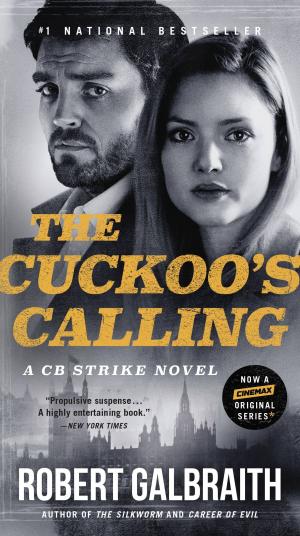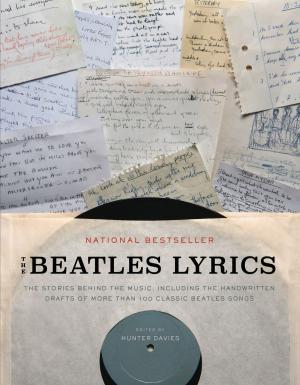| Author: | Rafe Bartholomew | ISBN: | 9780316231602 |
| Publisher: | Little, Brown and Company | Publication: | May 9, 2017 |
| Imprint: | Little, Brown and Company | Language: | English |
| Author: | Rafe Bartholomew |
| ISBN: | 9780316231602 |
| Publisher: | Little, Brown and Company |
| Publication: | May 9, 2017 |
| Imprint: | Little, Brown and Company |
| Language: | English |
One of Thrillist's Best Books of 2017
A deeply stirring memoir of fathers, sons, and the oldest bar in New York City
Since it opened in 1854, McSorley's Old Ale House has been a New York institution. This is the landmark watering hole where Abraham Lincoln campaigned and Boss Tweed kicked back with the Tammany Hall machine. Where a pair of Houdini's handcuffs found their final resting place. And where soldiers left behind wishbones before departing for the First World War, never to return and collect them. Many of the bar's traditions remain intact, from the newspaper-covered walls to the plates of cheese and raw onions, the sawdust-strewn floors to the tall-tales told by its bartenders.
But in addition to the bar's rich history, McSorley's is home to a deeply personal story about two men: Rafe Bartholomew, the writer who grew up in the landmark pub, and his father, Geoffrey "Bart" Bartholomew, a career bartender who has been working the taps for forty-five years.
On weekends, Rafe Bartholomew would tag along for the early hours of his dad's shift, polishing brass doorknobs, watching over the bar cats, and handling other odd jobs until he grew old enough to join Bart behind the bar. McSorley's was a place of bizarre rituals, bawdy humor, and tasks as unique as the bar itself: protecting the decades-old dust that had gathered on treasured artifacts; shot-putting thirty-pound grease traps into high-walled Dumpsters; and trying to keep McSorley's open through the worst of Hurricane Sandy. But for Rafe, the bar means home. It's the place where he and his father have worked side by side, serving light and dark ale, always in pairs, the way it's always been done. Where they've celebrated victories, like the publication of his father's first book of poetry, and coped with misfortune, like the death of Rafe's mother. Where Rafe learned to be part of something bigger than himself and also how to be his own man.
By turns touching, crude, and wildly funny, Rafe's story reveals universal truths about family, loss, and the bursting history of one of New York's most beloved institutions.
One of Thrillist's Best Books of 2017
A deeply stirring memoir of fathers, sons, and the oldest bar in New York City
Since it opened in 1854, McSorley's Old Ale House has been a New York institution. This is the landmark watering hole where Abraham Lincoln campaigned and Boss Tweed kicked back with the Tammany Hall machine. Where a pair of Houdini's handcuffs found their final resting place. And where soldiers left behind wishbones before departing for the First World War, never to return and collect them. Many of the bar's traditions remain intact, from the newspaper-covered walls to the plates of cheese and raw onions, the sawdust-strewn floors to the tall-tales told by its bartenders.
But in addition to the bar's rich history, McSorley's is home to a deeply personal story about two men: Rafe Bartholomew, the writer who grew up in the landmark pub, and his father, Geoffrey "Bart" Bartholomew, a career bartender who has been working the taps for forty-five years.
On weekends, Rafe Bartholomew would tag along for the early hours of his dad's shift, polishing brass doorknobs, watching over the bar cats, and handling other odd jobs until he grew old enough to join Bart behind the bar. McSorley's was a place of bizarre rituals, bawdy humor, and tasks as unique as the bar itself: protecting the decades-old dust that had gathered on treasured artifacts; shot-putting thirty-pound grease traps into high-walled Dumpsters; and trying to keep McSorley's open through the worst of Hurricane Sandy. But for Rafe, the bar means home. It's the place where he and his father have worked side by side, serving light and dark ale, always in pairs, the way it's always been done. Where they've celebrated victories, like the publication of his father's first book of poetry, and coped with misfortune, like the death of Rafe's mother. Where Rafe learned to be part of something bigger than himself and also how to be his own man.
By turns touching, crude, and wildly funny, Rafe's story reveals universal truths about family, loss, and the bursting history of one of New York's most beloved institutions.















